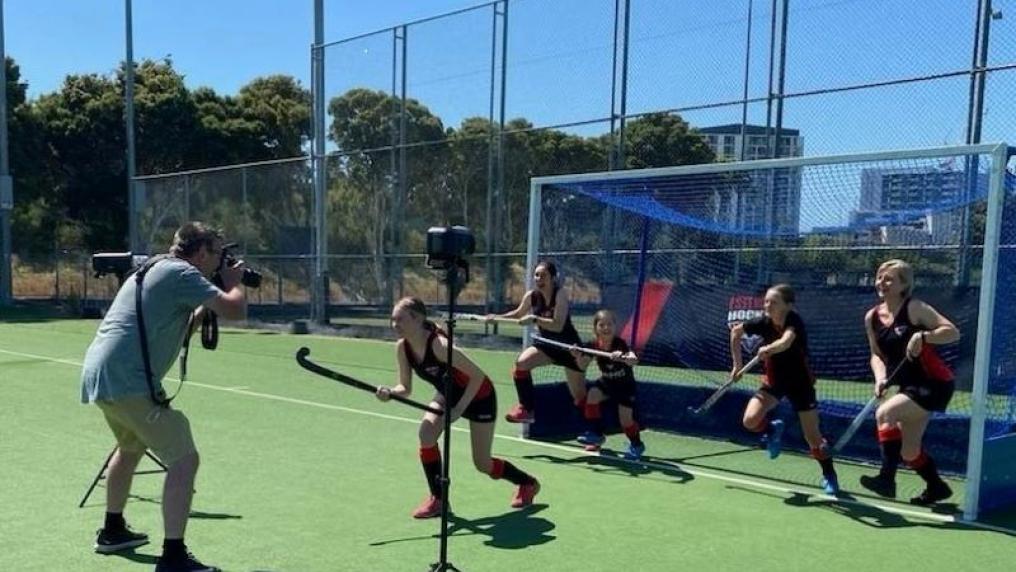Community sport research shows girls just want to have fun

Victoria University (VU) research has found when it comes to playing community sport, it seems girls just want to have fun.
The research team tracked more than 5,000 females who participated either in community club gymnastics or football (soccer) around Australia from 2019 to 2021. About half the survey respondents had stopped participating, and the other half were still involved with their sport.
Nearly two thirds of those who left reported their main reason for stopping – especially for teenagers – was because they were not having fun. Other major reasons included losing interest, having an unfriendly coach or official, injuries, or feeling too old.
Researcher Professor Rochelle Eime said at a time when community sport clubs were desperate to attract members and keep them, the findings revealed many retention issues, but ones that were easy to fix.
“Clubs need to ensure what they offer aligns to the reasons girls and women get involved in the first place,” she said. “Most members are there to enjoy themselves - not to win or get the top award.”
COVID's impact provides opportunities to reset
The sports of gymnastics and football were chosen for the study, Factors relating to participation including retention and drop-out of women and girls in sport, to capture participant views in both a traditionally female sport, and a traditionally male one. However, the findings could be applied to any sports, she said.
The main factor for younger girls aged under 12 dropping out was cost – a decision that would likely be made by parents, said Professor Eime. For women aged over 18, the main reason was COVID-19. However, not having fun was also a major reason to leave in both cohorts – similar to the teenager group.
Professor Eime said COVID’s devastating impact on community sport memberships in recent years provided real opportunities for a major overhaul of the ways clubs attracted and kept members.
“Clubs can focus too much on pennants and medals, yet the research shows players mainly want to have fun, especially at the crucial adolescent stage when we lose so many young women and girls.”
The types of volunteers who tend to get involved in community sport can create club cultures that value winning and competition above everything else, said Professor Eime.
“Volunteer groups are often dominated by people who are either very good at the sport, or have children who are,” she said. “They want their child to be the next player for the Matildas and forget about others.”
Professor Eime said the strict, timetabled way community sport is presented hasn’t changed in generations, in contrast to the less organised alternatives girls and women can choose for fun and fitness.
For example, females who join a pilates class or take dance lessons have more flexibility about when and how often they participate, and a wider choice in skill levels, she said.
Recommendations
The report found community sport clubs could improve membership retention by:
- developing strategies and programs that focus on fun and enjoyment in the sport
- ensure training and competitions allow all players to improve their skills, not just elite members
- assist with costs by re-purposing equipment or uniforms, or offering discounts to volunteers.
Professor Rochelle Eime is available for interview on 0418 800 521.



